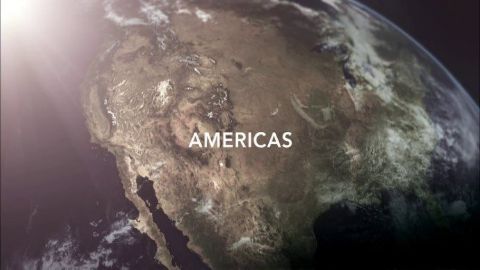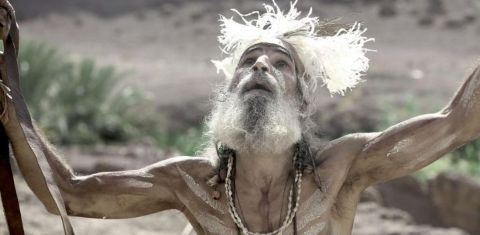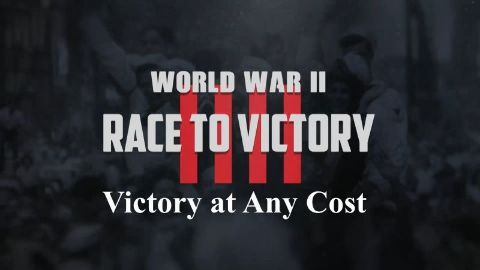Asia • 2015 • episode "Part 3" • First Peoples
What happened when early humans ventured out of Africa and into Asia? Where did they go and whom did they meet along the way? The latest evidence suggests they left far earlier than previously thought and interbred with other types of ancient human - Homo erectus, Neanderthals and also the Denisovans, whose existence was established only five years ago when geneticists extracted DNA from a tiny fragment of finger bone. Because these ancient humans mated with our ancestors, their genes have found a home in our DNA. More than that, they’ve helped us survive and thrive.
Make a donation
Buy a brother a hot coffee? Or a cold beer?
Hope you're finding these documentaries fascinating and eye-opening. It's just me, working hard behind the scenes to bring you this enriching content.
Running and maintaining a website like this takes time and resources. That's why I'm reaching out to you. If you appreciate what I do and would like to support my efforts, would you consider "buying me a coffee"?
Donation addresses
BTC: bc1q8ldskxh4x9qnddhcrgcun8rtvddeldm2a07r2v
ETH: 0x5CCAAA1afc5c5D814129d99277dDb5A979672116
With your donation through , you can show your appreciation and help me keep this project going. Every contribution, no matter how small, makes a significant impact. It goes directly towards covering server costs.










